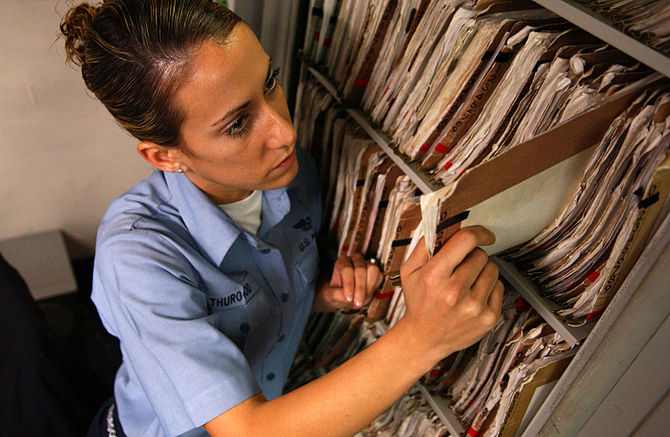Medical ID Theft On The Rise
Senior citizens, already uniquely vulnerable to identity theft, are most often the targets of a specific variation of this kind of fraud.

“Medical identity theft happens when someone steals your personal information and uses it to commit health care fraud,” according to a page on the website of the Federal Trade Commission. “Medical ID thieves may use your identity to get treatment, even surgery, or to bilk insurers by making fake claims. Repairing damage to your good name and credit record can be difficult enough, but medical ID theft can have other serious consequences. If a scammer gets treatment in your name, that person’s health problems could become a part of your medical record. It could affect your ability to get medical care and insurance benefits, and could even affect decisions made by doctors treating you later on. The scammer’s unpaid medical debts also could end up on your credit report.”
“In the last five years, the number of data breaches in the medical sector has quadrupled,” noted writer Laura Shin in a recent article in Fortune magazine. “Last year, for the first time, the medical sector experienced more breaches than any other. It’s again on track to lead in 2014, according to the ID Theft Center. While the health care industry has long suffered fraud by providers or employees fraudulently billing insurers, Medicare, or Medicaid, the medical industry is only just now trying to catch up to the quickly growing threat from hackers.”
The FTC recommends that everyone, but especially older Americans, read every explanation of benefits statement from their insurers. Further, the Federal Trade Commission suggests that people should annually ask insurers for a list of the benefits that have been paid in their name.
“If you think you may be a victim of medical identity theft, ask your health care provider or hospital for your medical records,” the FTC says. “You have a right to get copies of your current medical files from each health care provider, though you may have to pay for them. You also have a right to have inaccurate or incomplete information removed.”
“Many hospitals have ombudsmen or patient advocates who also can help.”
